1) A diet designed to prevent or reduce acid reflux is usually easy to follow. The basic food
groups of cereals, vegetables, fruits, dairy products, and meats can be eaten with only a
few limitations. So, this diet generally meets the Recommended Dietary Allowances (RDA)
of the National Research Council. A vitamin C supplement may be needed if an individual
does not tolerate citrus foods such as orange, tomato, etc.
2) The lower esophageal muscle can be weakened by factors other than food. The
following recommendations may be helpful in reducing symptoms:
• Stop using tobacco in all forms. Nicotine weakens the lower esophageal muscle.
• Avoid chewing gum and hard candy. They increase the amouunt of swallowed air
which, in turn, leads to belching and reflux.
• Do not lie down immediately after eating. Avoid late evening snacks and eat meals at
least 3-4 hours before lying down.
• Do not exercise too soon after eating.
• Avoid tight closing and bending over after eating.
• Eat small, frequent portions of food and snack if needed.
• Lose weight if overweight. Obesityy leads to increased reflux.
• Elevate the head of the bed 6-8 inches to prevent reflux when sleeping. Extra pillows,
by themselves, are not very helpful.


